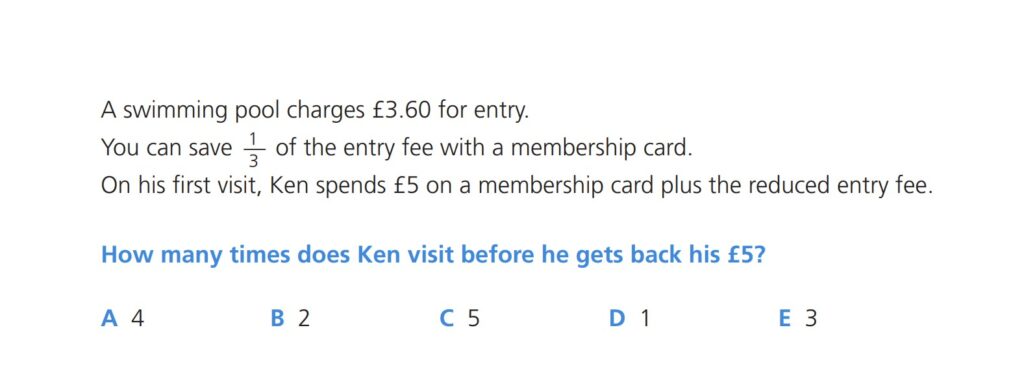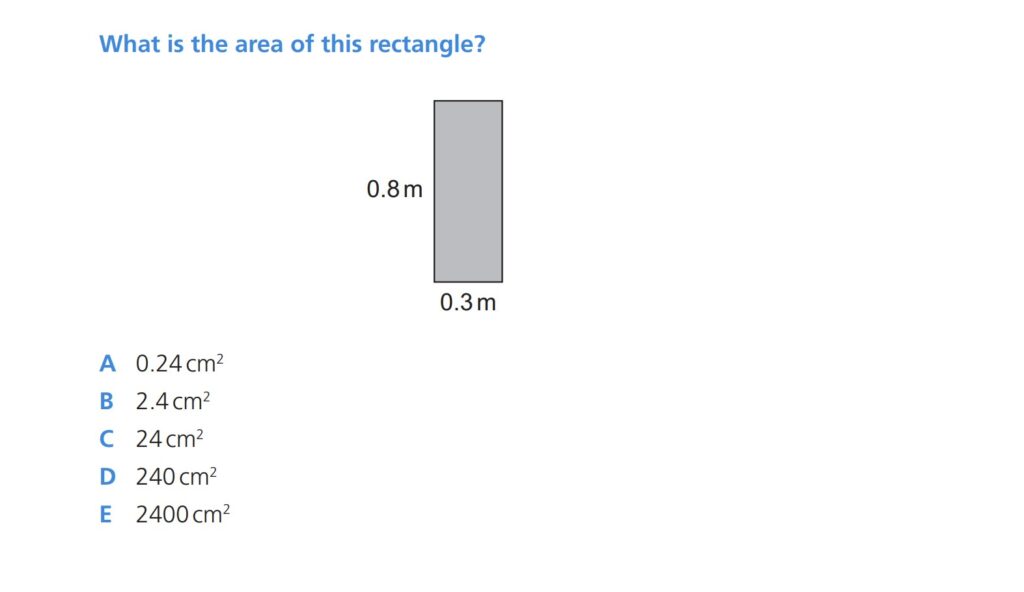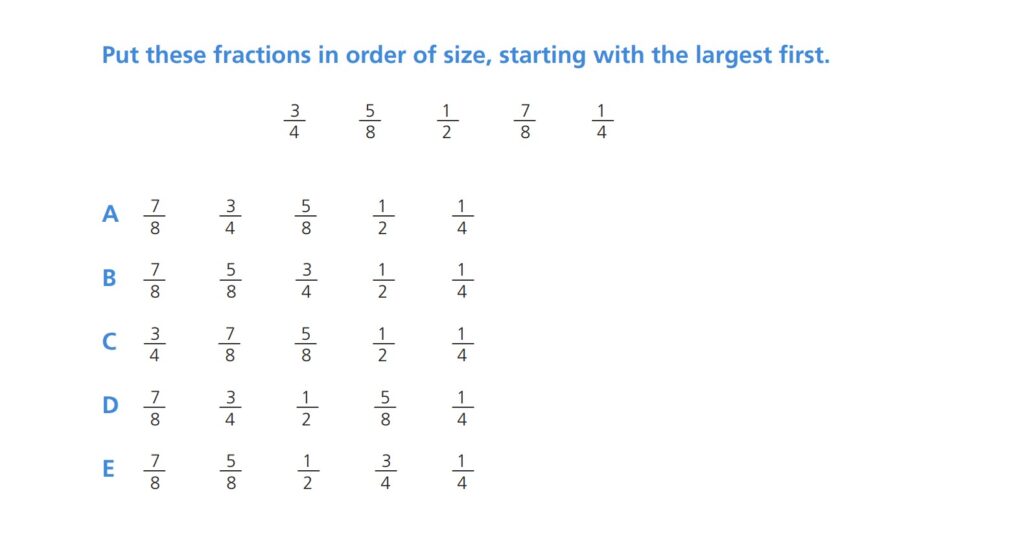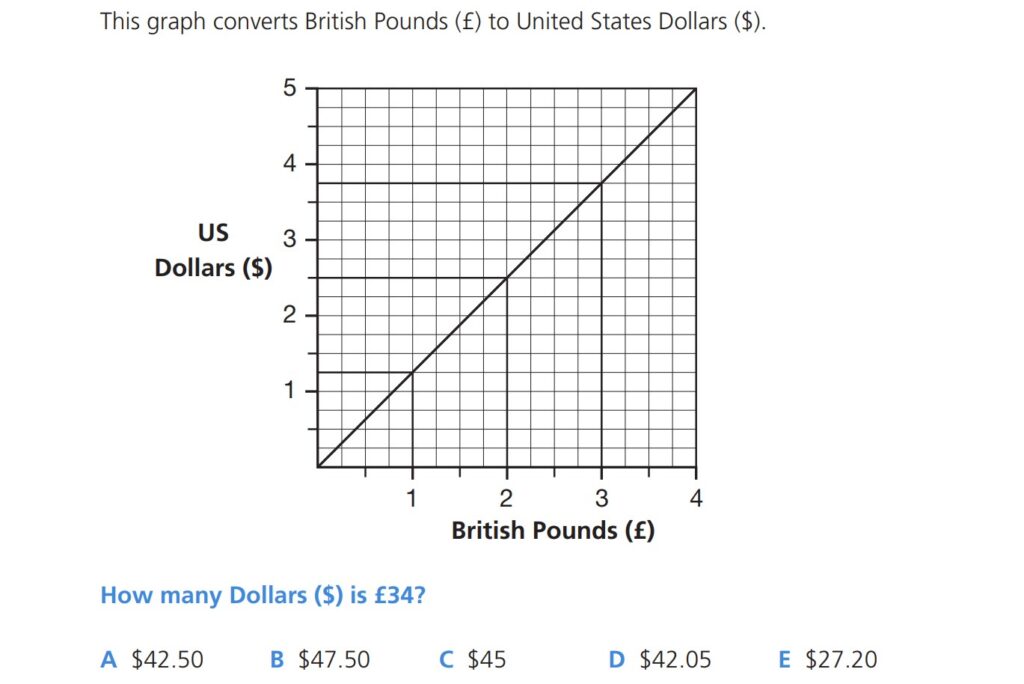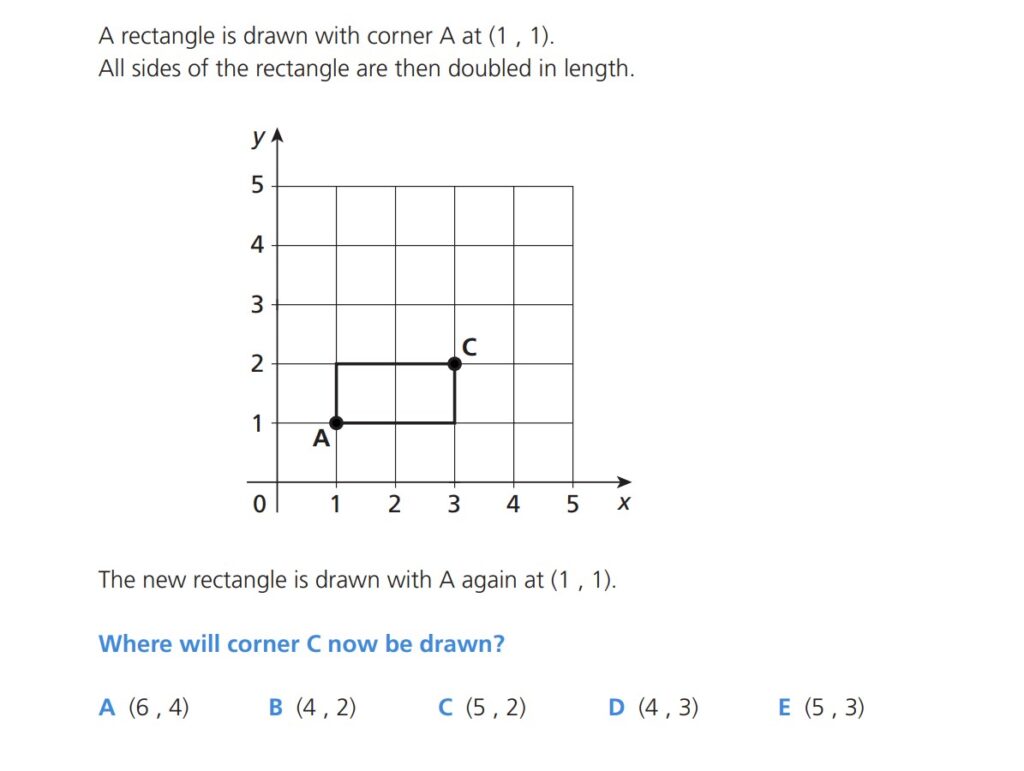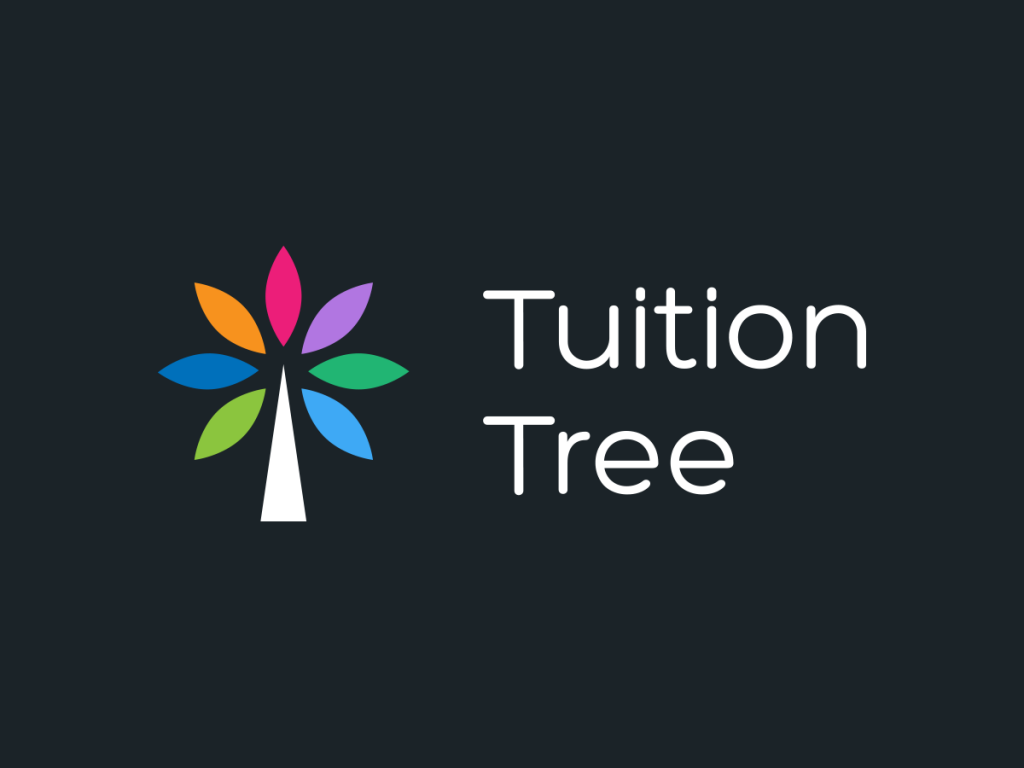Learn all you need to know about the Mathematics section of the GL 11 Plus exam, including sample questions and expert tips for achieving success.
In this article, we will explore 11 Plus exams, specifically focusing on the Mathematics section as provided by GL Assessment.
The 11 Plus exam comprises four components: English, Mathematics, Verbal Reasoning, and Non-verbal Reasoning.
While primary schools are responsible for teaching English and Mathematics in accordance with the key stage 2 National Curriculum, the English and Mathematics questions in the GL 11 Plus examination syllabus are geared towards Year 6 standards.
This can present a challenge for children sitting for the exam at the beginning of Year 6 as they may not possess the requisite level of proficiency in English and Mathematics to pass the 11 Plus.
It is worth noting that some school authorities may opt to include more advanced English and Mathematics questions in the 11 Plus test than those found in the key stage 2 National Curriculum.
As we focus on the Mathematics component of the 11 Plus exam, we will explore what it entails, what to expect during the exam, and how best to prepare for it.
In this article, we will be focusing on the 11 Plus examination conducted by GL Assessment. A recent collaboration has led grammar schools in the West Midlands to adopt this specific test for admissions from 2024 onwards.
Read more: GL 11 Plus: Single Entrance Exam for West Midlands Grammar Schools
11 Plus Maths
The Mathematics portion of the 11 Plus is designed to evaluate a student’s understanding of the Key Stage 2 National Curriculum maths syllabus and their ability to practically and accurately apply those concepts.
As discussed above, the contents of the 11 Plus Mathematics section are more advanced than what students are taught at that stage as part of the National Curriculum.
11 Plus candidates are expected to have a solid grasp of the following mathematics topics:
- Algebra
- Data
- Geometry
- Measurement
- Number
- Ratio and proportion
In preparing for the maths portion of the 11 Plus exam, parents should prioritise two key skills: number fluency and numerical reasoning.
Possessing effective number fluency and numerical reasoning is crucial for attaining good scores in the 11 Plus Mathematics section.
Number fluency involves being well-versed in mental calculations, order of operations, and having a comprehensive understanding of fractions, decimals, and percentages.
A solid number fluency foundation means your child knows multiplication tables and division methods, can confidently do mental calculations with the four operations (+ – x ÷), and understands place value with larger numbers and decimals.
Numerical reasoning involves honing the ability to understand the question at hand, translating word problems into mathematical equations, and interpreting data and graphs.
What to Expect on the 11 Plus Mathematics Test
The mathematics papers for the 11 Plus exam, as provided by GL Assessment, are comprised of 50 questions.
Although, occasionally, there may be a written answer required, all the questions are in multiple-choice form. If a written answer is required, it must be entered into a small box in the answer sheet.
All the questions must be answered within 50 minutes.
Despite the daunting nature of the 11 Plus Mathematics paper, there are effective strategies to support children in achieving success.
The most essential of which is to become familiar with the question types.
Types of 11 Plus Mathematics Questions
In order to assess mathematics proficiency, the GL 11 Plus Mathematics tests align with the key stage 2 National Curriculum.
These tests encompass a range of curriculum areas taught up until Year 6 and occasionally extend beyond.
This portion of the 11 Plus evaluates students’ knowledge of numbers, measurement, geometry, and statistics, presenting new types of mathematical challenges that require the application of existing skills.
We have included a few examples of the types of questions that are common in 11 Plus maths tests. These examples were sourced from GL Assessment.
Please bear in mind that these are just a few samples, and the actual exam will feature a wider variety of question formats.
Multiplication
Division
Order of operations
Measurement
Fractions
Line graphs
Algebra
Geometry: position and direction
How to Prepare for 11 Plus Mathematics
Although students in primary school are taught mathematics as part of the key stage 2 National Curriculum, this part of the test can still be quite challenging.
However, with appropriate preparation and revision, students can achieve their desired grades.
To effectively prepare for the mathematics section of the GL 11 Plus exam, there are a few key strategies we recommend.
These are listed below.
Revise the fundamental concepts
The first step to preparing for the maths part of the 11 Plus is to ensure that your child is thoroughly familiar with all the topics taught in school as part of the National Curriculum.
Start by having your child revisit the fundamental concepts of mathematics taught in school, such as numbers, algebra, geometry, and problem-solving techniques.
Ensure that your child has a solid understanding of key concepts and topics such as fractions, decimals, percentages, ratios, equations, geometry formulas, and data interpretation.
Become thoroughly familiarised with the 11 Plus exam format
There are no two ways about it: grammar school applicants must become intimately familiar with the 11 Plus exam structure and format for all the sections, including mathematics.
This includes understanding the number of questions, time constraints, and question types.
For the maths portion of the exam, the syllabus must be regularly reviewed to gain a clear understanding of the mathematical topics that will be covered in the exam.
Regular revision and mock tests
Regular practice is crucial for improving your child’s mathematical skills.
Help them solve a wide range of mathematical problems, including both basic and complex ones.
Make sure they work through practice exercises and sample questions that align with the GL 11 Plus exam regularly.
This will help your child become familiar with the types of questions they may encounter and improve their speed and accuracy at solving problems.
In addition to regular revisions, taking part in mock tests can help a lot.
Mock tests are one of the most effective approaches for preparing for the 11 Plus.
Mock tests play a vital role in refining children’s aptitude for accurately and swiftly answering mathematics questions.
Moreover, these practice exams aid in acquainting children with the various question formats that may be encountered during the actual test, instilling in them the confidence, and proficiency necessary to attain the necessary results.
Tuition Tree’s Mock Examinations service is very popular with the parents of students applying to West Midlands Grammar Schools, learn more.
How Tuition Tree Can Help
Preparing for the 11 Plus exam can be especially daunting, both for students and their families.
Regardless, achieving success necessitates unwavering effort, unwavering commitment, and a thirst for knowledge.
At Tuition Tree, we specialise in providing tutoring services specifically tailored to prepare children for the GL 11 Plus exam.
With an impressive 84% success rate in helping students secure admission to grammar schools, we are dedicated to their academic advancement.
Our approach involves personalised study sessions that cater to both individual and group settings, ensuring that every child receives the focused attention necessary to unlock their full potential.
Should you wish to learn more about our services or have any inquiries, please do not hesitate to contact us via phone at 0121 270 2889 or by filling out our convenient call-back form.
Alternatively, you can reach us through email at info@tuitiontree.co.uk. Our team is always enthusiastic to offer assistance and address any concerns you may have.
Keep reading:





